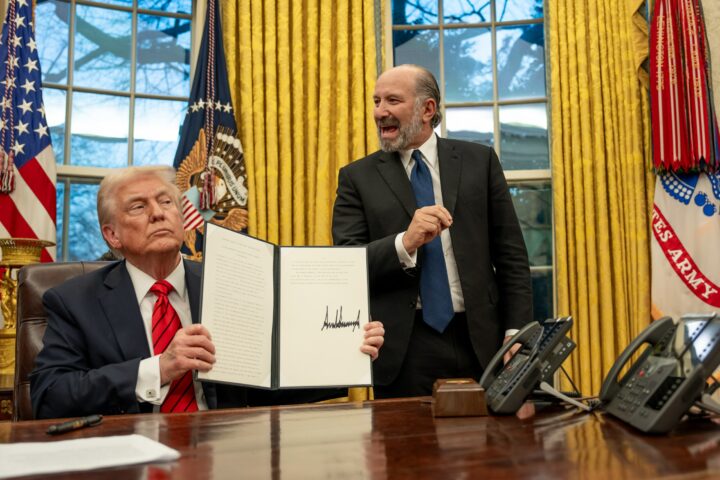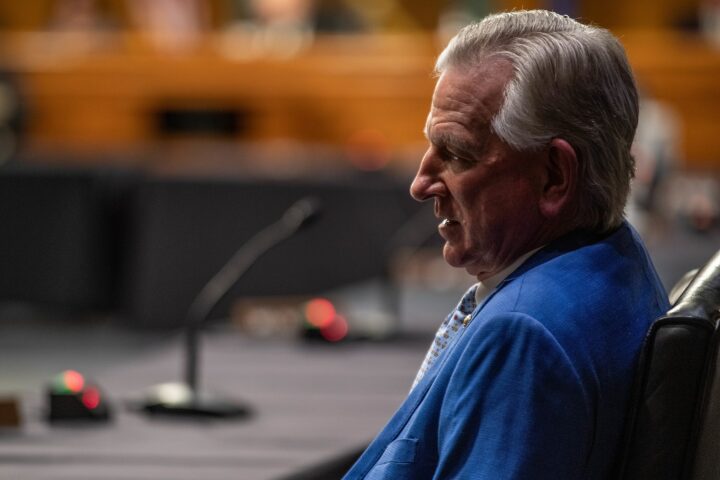A sharp escalation in partisan rhetoric reportedly unfolded Tuesday night when Representative Randy Fine, a Republican from Florida, referred to Representative Ilhan Omar as a “Muslim terrorist” during a televised appearance.
The incident drew swift condemnation from Democrats, civil rights groups, and some House Republicans, reviving longstanding debates over Islamophobia and the boundaries of political speech.
The exchange occurred on a right-leaning news program and was subsequently amplified on social media.
Mr. Fine’s remark marked a startling escalation in attacks on Ms. Omar, a Somali-American immigrant and one of the first two Muslim women elected to Congress. It quickly reignited anger over repeated instances of her vilification on the right.
Democratic leaders, including Speaker of the House Hakeem Jeffries, denounced the characterization as dangerous and an affront to national values. “This sort of inflammatory rhetoric jeopardizes our democratic norms and feeds into an ugly history of bigotry,” Mr. Jeffries said in a statement.
Ms. Omar, known for her outspoken commentary on foreign policy and social justice, has been a frequent target of conservative criticism. Yet her critics say they are now pushing into new and unacceptable territory. “Equating a sitting member of Congress to a terrorist crosses a line,” said Representative Lisa Blunt Rochester, a Democrat from Delaware. “We can disagree with her politics—but demonization has consequences.”
Supporters of Mr. Fine — including some conservative commentators — defended his remarks as harsh but within the bounds of political discourse, blaming accusations of religious prejudice as defensive overreach.
“This is war by rhetoric,” one conservative writer commented. “Hardline expressions are part of the battle.”
The House has faced growing tension over how to handle extremist speech by members, particularly as several Republicans have previously faced criticism for Islamophobic remarks rooted in mistrust of Muslims, immigrants, and progressive representatives.
The timing of the incident is notable, unfolding as Congress finalizes appropriations bills and allocates resources for national security and counterterrorism.
Observers warn such inflammatory language risks distracting from urgent legislative work.
While Mr. Fine has not issued a formal apology, his office defended the comments as “an expression of frustration” with Ms. Omar’s critique of U.S. foreign policy.
Nevertheless, analysts believe the remark may prompt discussion over whether official censure or a public rebuke from party leadership is warranted.
As the House continues its routine, this episode serves as a sharp reminder of how swiftly the tone in Capitol Hill politics can shift — and of the enduring tension between aggressive political speech and the imperative for mutual respect in democratic debates.
[READ MORE: 11 Individuals Arrested for Allegedly Plotting Ambush of ICE Agents]








